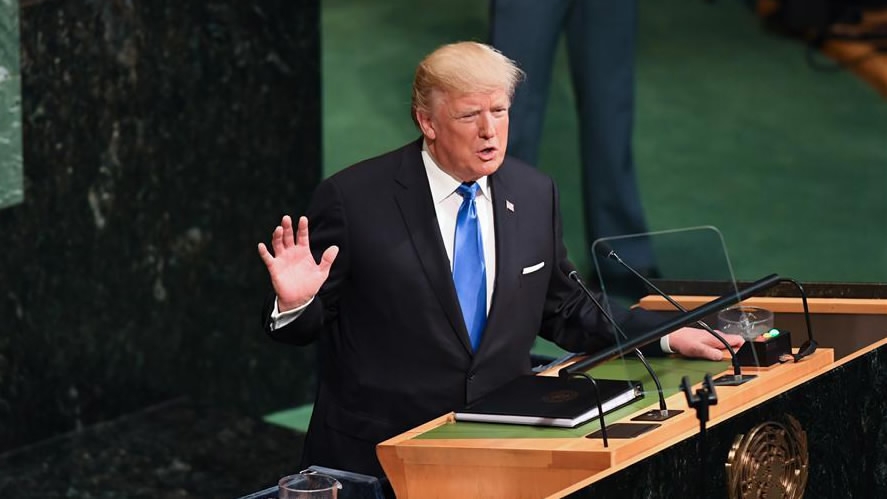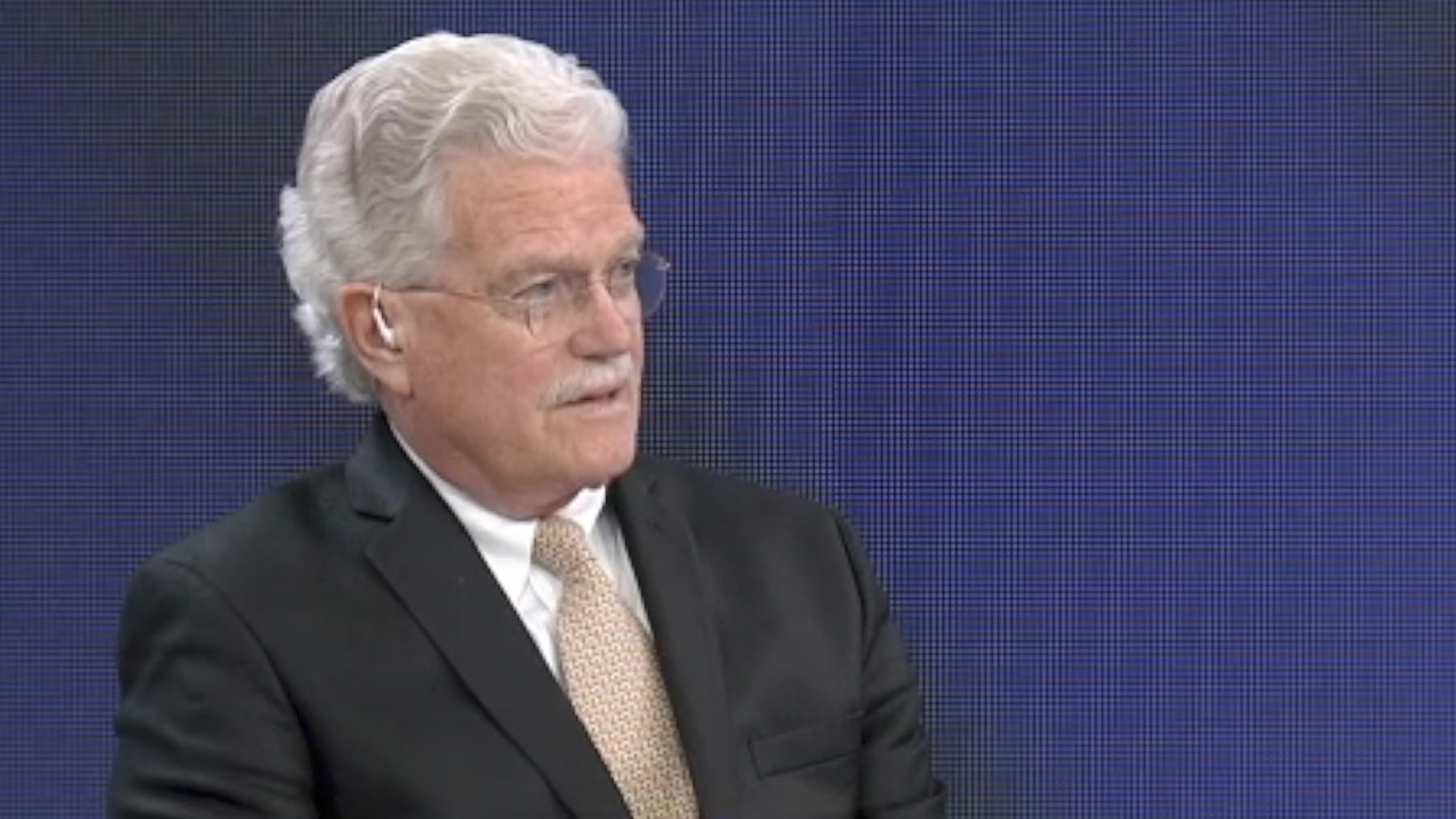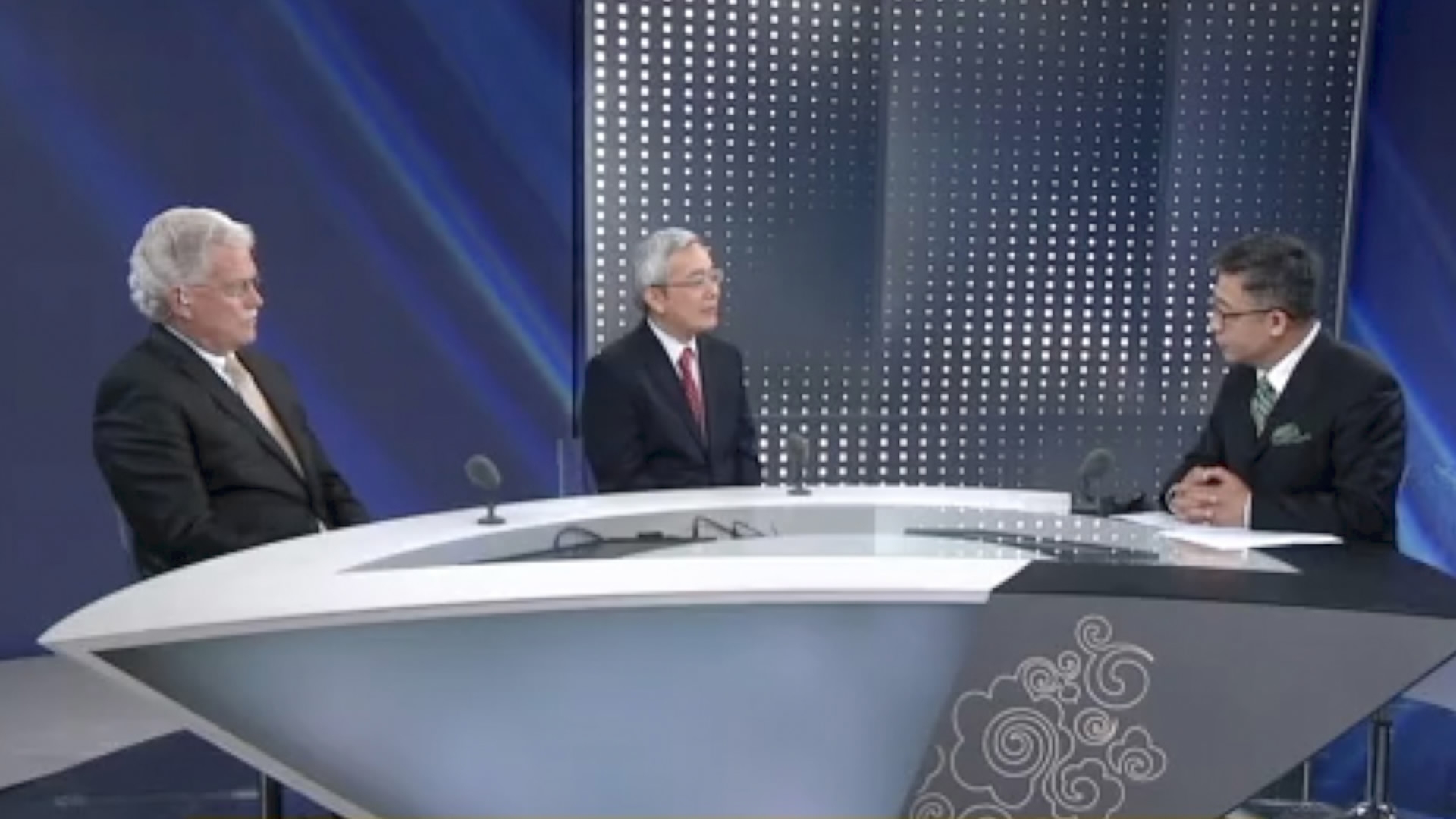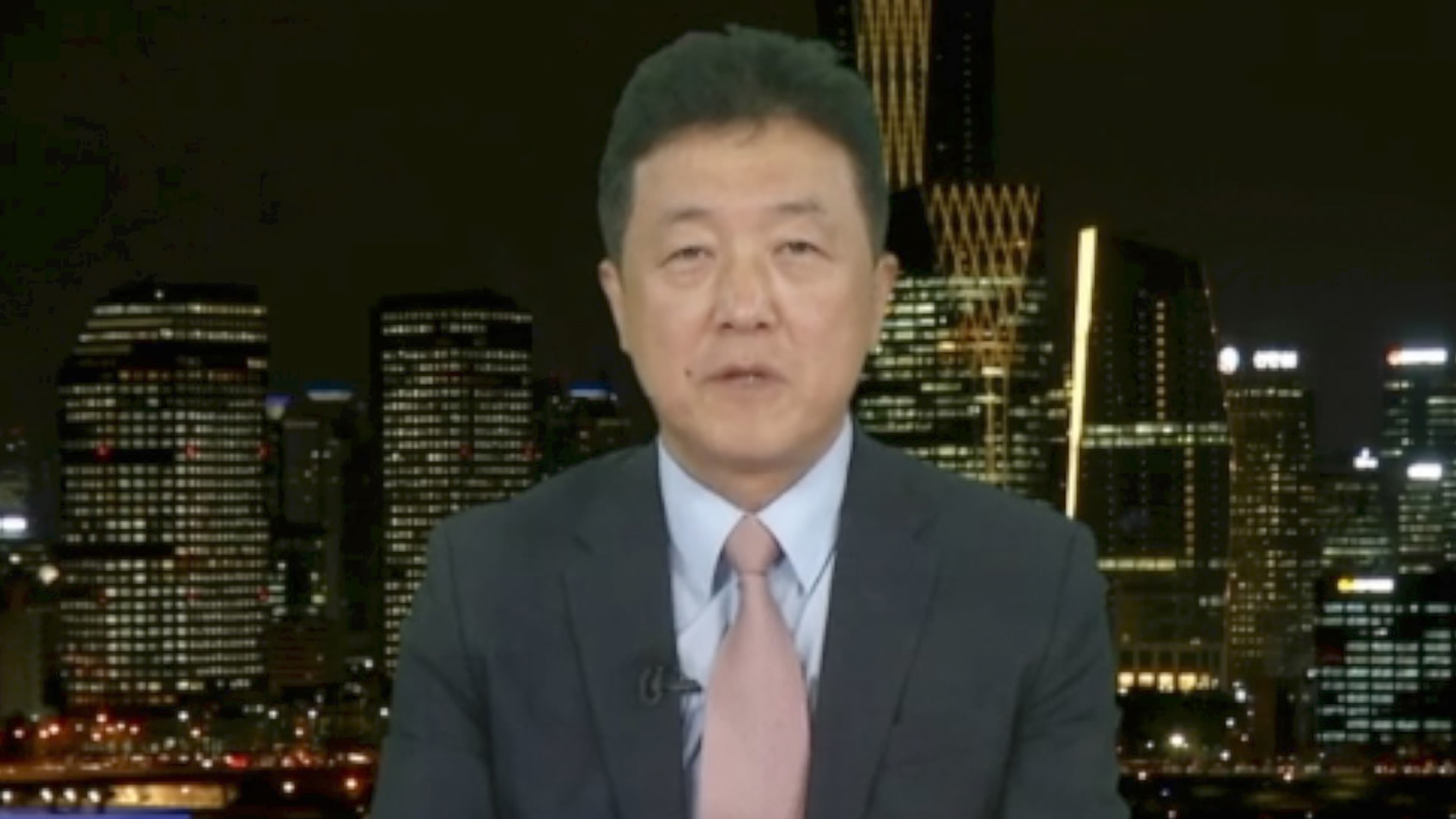
World
17:42, 21-Sep-2017
Trump destroys chances of new Six-Party Talks on DPRK at UN
CGTN

By CGTN's Dialogue
US President Donald Trump on Wednesday made his debut address to the United Nations General Assembly, and once again his bellicose language drew criticism from around the world. While he also touched on the 2015 nuclear deal with Iran and added Venezuela as a new target for US ire, it was his comments on the DPRK nuclear crisis that had most resonance in South-East Asia.
Trump said Washington would “totally destroy” the DPRK if it attacked either the US or its allies. This came almost immediately after Secretary-General Antonio Guterres appealed for an end to provocative statements in times of tension. Trump’s comments were widely condemned by world leaders gathered in New York, and analysts further afield.
However, as Professor Bruce Cumings, former chair of the History Department at the University of Chicago told CGTN’s Dialogue, this was not the first time the US has used such language when talking to the DPRK. He said Colin Powell had said he would turn the DPRK into a charcoal briquette, and Hilary Clinton had also threatened to annihilate the country.

“What is new about Trump is not the red-line threats. What is new is his waffling back and forth,” he said.
Cumings added that the US had “totally destroyed” the DPRK before — during the Korean War when they bombed and burned down every city in the country, a fact DPRK citizens remember to this day.
He said the military option did not work then, which shows diplomacy is the best approach.
Speaking about the effects of sanctions on the DPRK population, in the light of the suffering caused by sanctions in Iraq and Iran, Vice President of the China Institute of International Studies, Rong Ying, said, “The purpose of sanctions are meant to punish for an action. They should then be followed up with dialogue.”

He said that this was the reason China was reluctant to impose oil sanctions on the DPRK, as China did not want to see the regime in Pyongyang collapse.
South Korean President Moon Jae-in is also in New York for the UN General Assembly. He will make his speech, also his maiden address, to the body on Thursday. Moon is also set to meet with Trump to discuss the DPRK issue, as well as hold a trilateral meeting that includes Japanese Prime Minister Shinzo Abe.
While all three sides vehemently oppose the DPRK’s possession of nuclear weapons, all have a different approach to dealing with the problem.
Rong Ying said, “Moon will have to show he’s on the same page as Trump, because allies always show coordination”. Professor Jinho Kim from South Korea’s Dankook University said Moon will use his time in New York to build up cooperation with all other parties involved, including the US, Japan, China and Russia.

However, despite any efforts made by Moon to ease tensions, it is unlikely Pyongyang will be feeling disposed to returning to the dialogue table following what Prof. Jinho called Trump’s “irresponsible and dangerous” comments about Rocket Man and complete destruction.
Whether the DPRK will show its displeasure by launching another missile remains to be seen.
Dialogue with Yang Rui is a 30-minute current affairs talk show on CGTN. It airs daily at 7.30 p.m. BJT (1130GMT), with rebroadcasts at 3.30 a.m. (1930GMT) and 11.30 a.m. (0330GMT).
11000km

SITEMAP
Copyright © 2018 CGTN. Beijing ICP prepared NO.16065310-3
Copyright © 2018 CGTN. Beijing ICP prepared NO.16065310-3